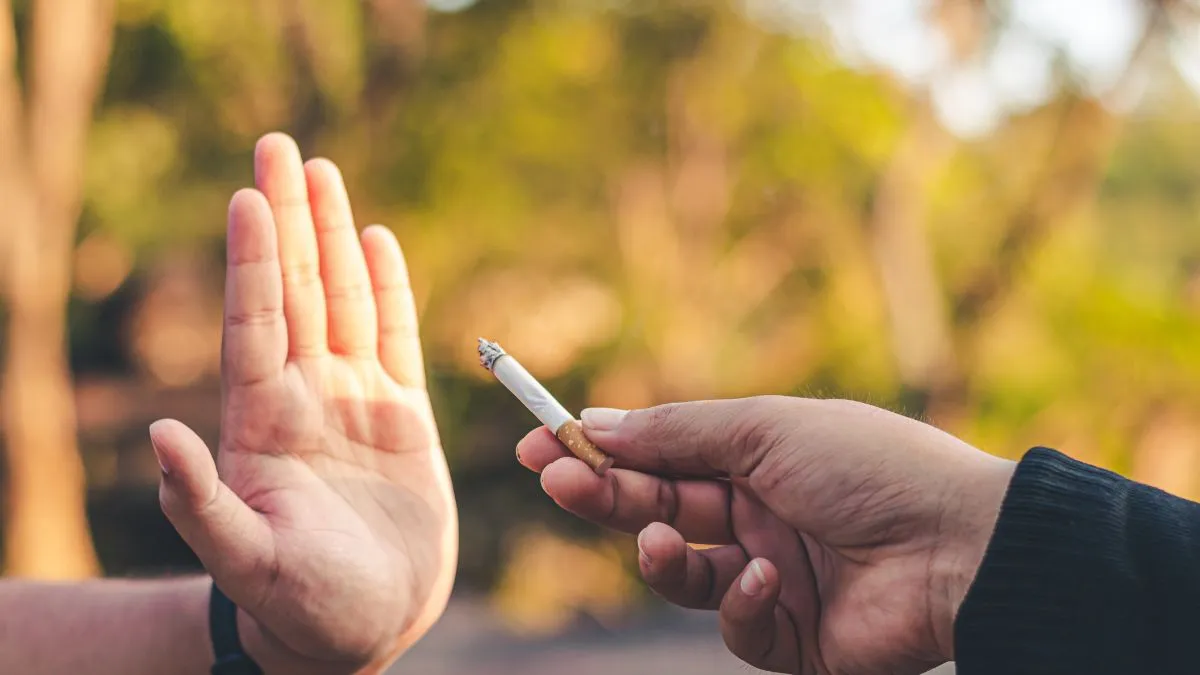- By Priyanka Munshi
- Mon, 31 Mar 2025 04:51 PM (IST)
- Source:JND
Tobacco use significantly increases both the risk of acquiring tuberculosis (TB) infection and the likelihood of severe disease progression. Smoking damages the lungs’ natural defense mechanisms by impairing mucociliary clearance, reducing immune cell activity, and causing chronic inflammation of the respiratory tract. This weakened state creates a more favorable environment for Mycobacterium tuberculosis, the bacteria responsible for TB, to establish infection and cause disease. In a conversation with Jagran English, Dr. Ravi Shekhar Jha, Director & HOD of Pulmonology at Fortis Escorts Hospital in Faridabad, discussed TB and Smoking: How Tobacco Increases Your Risk of Infection.
According to Dr. Ravi Shekhar Jha, several studies have shown that smokers are more likely to develop active TB compared to non-smokers, with the risk increasing based on the intensity and duration of tobacco use. Furthermore, smoking not only predisposes individuals to TB but also worsens treatment outcomes. Smokers with TB are more likely to experience delayed sputum conversion, higher rates of treatment failure, relapse, and even death.
Also Read: 4 Clear Signs Of Negative And Toxic People To Avoid
Secondhand smoke exposure is also a significant risk factor, particularly for children and household contacts, increasing their susceptibility to TB infection, Dr. Jha added.
Also Read: Janhvi Kapoor’s Stunning Look At Lakme Fashion Week x FDCI Is A Must Watch | Photos
Finally, Dr. Ravi Shekhar Jha emphasized that prevention strategies must focus on integrating tobacco cessation programs as part of TB control efforts. Educating patients about the risks of tobacco, providing access to nicotine replacement therapies, and offering behavioral support can significantly improve TB treatment outcomes. Addressing both TB and tobacco together is essential for reducing the burden of respiratory diseases and improving lung health globally.

